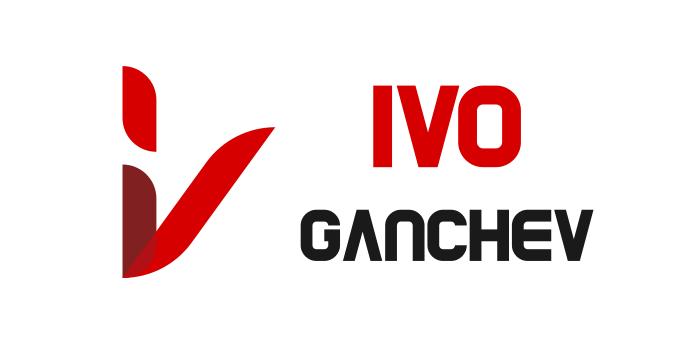How Could the Iran Nuclear Issue Be Addressed?
A video conference on the Iran nuclear issue was held with Iran, Britain, France, Germany and Russia. To learn more about potential challenges to resolving outstanding issues and the role of European powers, The Beijing Hour invited Adjunct Professor Ivo Ganchev from Beijing Union University. You can listen to the full episode of the show from Dec 22, 2020 on the China Plus website (starting 14:40) or read a transcript excerpt from Ivo’s analysis below.
Shane Bigham: It’s fifteen minutes past the hour. The Chinese Foreign Minister is calling on the United States to return unconditionally to the Iran nuclear deal, lift sanctions on Tehran, and third party entities and individuals. Wang Yi attended a video conference on the Iran nuclear issue yesterday with his counterparts from Iran, Britain, France, Germany and Russia. He also suggested that Iran completely resumed the fulfillment of its nuclear commitments on the basis of a US resumption. The Iran nuclear deal was inked in 2015. Washington withdrew from it three years later, and unilaterally reimposed sanctions on Tehran, President Elect Joe Biden has said that the US is willing to return the agreement of the Trump administration continues to intensify its pressure on Iran with war on the Iranian nuclear issue, Su Yi spoke to Adjunct Professor Ivo Ganchev with Beijing Union University.
Su Yi: What are the major challenges deal facing the remaining parties of the Iranian nuclear deal to further implement a Joint Comprehensive Plan of Action?
Ivo Ganchev: There are many steps that still have to be taken for the nuclear deal to become effective again. First of all, this would mean eliminating the increased nuclear capacity that Iran might have built up over the past few months, including dismantling centrifuges, getting rid of stockpiles of low enriched uranium and so forth. Another challenge here is that some of the sunset clauses for instance on enriched uranium expire in about five years, which is actually not a very long time in terms of international negotiations – and these clauses will have to get renegotiated soon.
Su Yi: Apart from economic incentives, what else can European powers offer to Tehran at the negotiating table?
Ivo Ganchev: First of all, it’s important to note that the economic incentives you mentioned are not small. As a bloc, the EU has some considerable strengths in this area, apart from what was a rather sudden dip in 2019, if we look back at the data in the long run, the EU actually is about the third largest economic partner ever ran, but to your question in these particular upcoming discussions, European powers have a certain role, and that’s to keep Iran engaged, and to ensure that dialogue is maintained, until we hopefully get to a point where the US would rejoin the nuclear deal.
Now, beyond this my personal conviction is that any meaningful change in the way that Western powers and Iran approach each other has to do with greater engagement. When you talk about, for instance, technology, states like Germany produce great machinery that has been of interest to Iran and things like that could be a great dialogue starter for deepening Iran’s levels of international engagement and economic interdependence. When there is no dialogue, it becomes very difficult to have any convergence of meaningful commitments,
Su Yi: China has put forward an initiative for a multilateral dialogue platform in the Gulf region. How could that help address the Iranian nuclear issue?
Ivo Ganchev: This is one way of addressing international issues with great respect for a rather strict interpretation of state sovereignty. When you’re dealing with the Gulf states, these are states that are facing certain challenges, for instance from their neighbors in terms of cultural influence or from non-state actors in the region as well. So in this context, demonstrating repeated respect for state sovereignty, and employing diplomatic channels for this purpose tends to be very helpful.
Shane Bigham: That was Adjunct Professor Ivo Ganchev with Beijing Union University, talking about the Iranian nuclear deal meeting.









